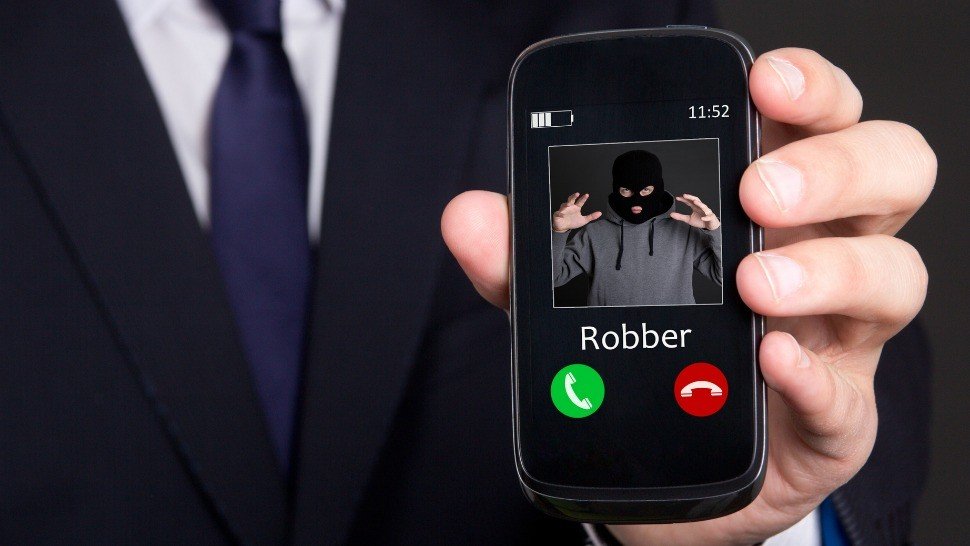Americans Have Lost $2.7 Billion To Social Media Scams Since 2021. Experts Say Clicking On Internet Ads Is A Costly Mistake.
 Federal Trade Commission data shows social media scams have cost Americans billions of dollars. The FTC says victims have lost $2.7 billion to fraudsters on social media since 2021.
Federal Trade Commission data shows social media scams have cost Americans billions of dollars. The FTC says victims have lost $2.7 billion to fraudsters on social media since 2021.
Scammers are increasingly targeting victims through fake advertisements for online shops. Scammers are pitching bogus investment schemes and romance scams. They use platforms like Facebook, Instagram and Snapchat to target their victims.
The FTC warns that social media gives scammers an edge because they can manufacture a fake persona. Scammers can also hack into your profile. Thus, pretend to be you and con your friends.
Criminals are also finding their victims by what they share on social media. Scammers who place ads are methodically targeting Americans based on personal details such as their age, interest or past purchases.
Social media scams affect people of all ages. However, scammers appear to be targeting younger people.
The FTC says in the first half of 2023, 38% of reported fraud came from 20-29-year-olds.
Figures were more staggering for victims age 18-19. A staggering 47% reported being a victim of fraud.
The FTC also reports online shopping scams are the most common fraud that originates on social media. They say these scams account for 44% of all loss reports.
Most of these reports are about undelivered goods with no-show clothing and electronics topping the list.
Fake Investment Scams Are The Most Common Social Media Scam
 The largest share of scams use these platforms to promote hoax investment opportunities. Most of these “investment opportunities involve cryptocurrency.
The largest share of scams use these platforms to promote hoax investment opportunities. Most of these “investment opportunities involve cryptocurrency.
Scammers also lure victims in with promises of huge returns and use fake celebrity endorsements.
Cryptocurrency was identified as the payment method in 53% of these transactions.
Romance scams also had the second highest losses in the first half of this year, the FTC found, which mostly originated on platforms Facebook, Instagram or Snapchat.
If you get a message from a friend about an opportunity or an urgent need for money, call them and check as they may have been hacked.
Never send money to anyone who you have not met in person. You also need to be careful of messages out of the blue on social media from people you do not know.
The FTC advises consumers to always check out the company by searching online for the company’s name plus ‘scam’ or ‘complaint’.
Read About Other Scams And Scammers On MFI-Miami.



